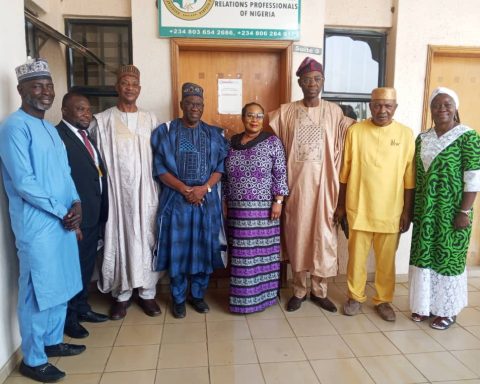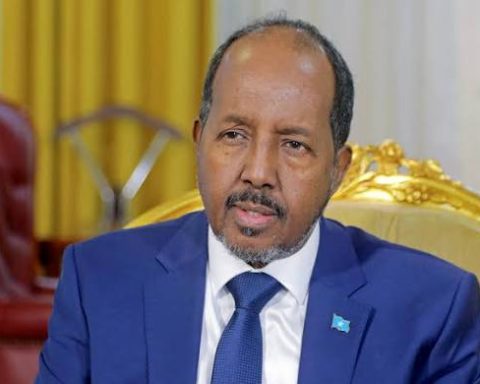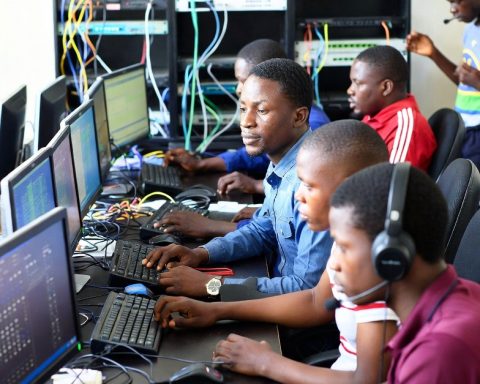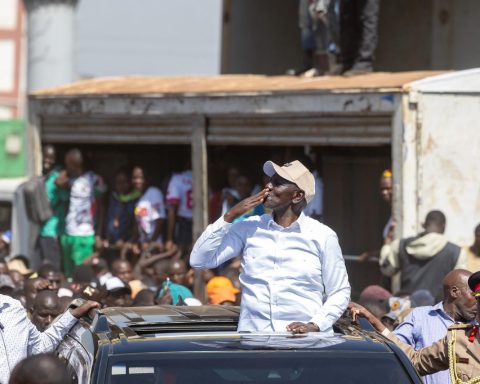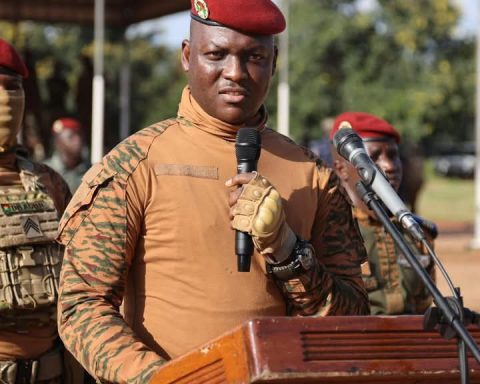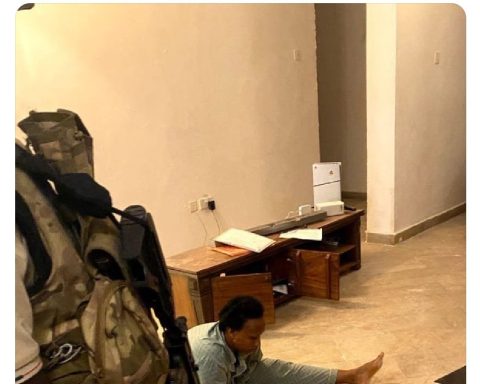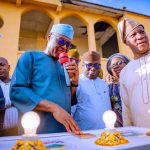The United States has reaffirmed its commitment to African-led security and development partnerships, spotlighting recent diplomatic and military engagements in Angola and Namibia as part of a broader regional strategy. Officials from the U.S. Africa Command (AFRICOM) announced this during a virtual press briefing held on Monday, July 28, 2025.
Lt. Gen. John W. Brennan, AFRICOM’s Deputy Commander, and Ambassador Robert Scott, Deputy to the Commander for Civil-Military Engagement, underscored that Washington is investing in sustainable, locally led solutions that emphasize regional ownership over direct U.S. military presence.
Join our WhatsApp ChannelSpeaking to journalists across the continent via the U.S. Department of State’s Africa Regional Media Hub, Brennan said the approach marks a deliberate departure from conventional foreign security models that prioritize external control.
“Our engagements in Angola and Namibia are not U.S.-led. They are African-led,” Brennan emphasized. “This is not about boots on the ground it’s about trust, transparency, and building enduring capacity.”
Among the key highlights of the visits was Angola’s formal admission into the U.S. State Partnership Program (SPP), which pairs its armed forces with a U.S. National Guard unit. This partnership is expected to deepen cooperation in areas ranging from military exchanges and higher education collaboration to civil-military governance.
READ ALSO : Nigeria, Other BRICS-aligned Countries At Risk As Trump Threatens Additional 10% Tariff
The delegation also visited Namibia’s Walvis Bay Port and Angola’s Lobito Corridor a key regional infrastructure project the U.S. sees as critical to boosting trade and stability across Southern Africa. AFRICOM officials confirmed support for integrating such economic initiatives with maritime security programs, including tools like SeaVision, which help African nations monitor and counter illegal activities at sea.
Ambassador Scott noted that security and development must go hand in hand, citing these infrastructure corridors as “pathways to shared prosperity and strategic resilience.”
The press briefing also tackled emerging regional threats, including the spread of extremist ideologies, transnational organized crime, and illegal fishing. AFRICOM said its role is to equip African nations with the tools and training to respond early and decisively thus preventing the need for future large-scale U.S. intervention.
In addressing global competition, Brennan drew a subtle contrast with Russia and China’s approach to the continent, emphasizing AFRICOM’s preference for “truth-led, partner-driven” engagement over coercive or propaganda-fueled influence campaigns.
“We are not here to dictate. We are here to collaborate,” Brennan said. “Where others bring disinformation and dependency, we aim to offer partnership and capacity.”
The virtual session also revealed that AFRICOM intends to expand joint military exercises like African Lion and Obangame Express, and increase multilateral engagement through forums involving the Southern African Development Community (SADC).
While no new troop deployments were announced, the command hinted at growing interest in long-term maritime and cyber cooperation with African allies. The officials emphasized that their mission is to ensure African nations are the architects of their own security futures, with the U.S. playing a supportive not dominant role.
With threats becoming more complex and transnational, AFRICOM’s approach, they argued, is to provide African governments with adaptable strategies, bolstered by shared intelligence, training, and economic partnership.
The message from Washington was clear: Africa’s security challenges require African leadership and the U.S. is prepared to back that leadership with resources, expertise, and respect.
Amanze Chinonye is a Staff Correspondent at Prime Business Africa, a rising star in the literary world, weaving captivating stories that transport readers to the vibrant landscapes of Nigeria and the rest of Africa. With a unique voice that blends with the newspaper's tradition and style, Chinonye's writing is a masterful exploration of the human condition, delving into themes of identity, culture, and social justice. Through her words, Chinonye paints vivid portraits of everyday African life, from the bustling markets of Nigeria's Lagos to the quiet villages of South Africa's countryside . With a keen eye for detail and a deep understanding of the complexities of Nigerian society, Chinonye's writing is both a testament to the country's rich cultural heritage and a powerful call to action for a brighter future. As a writer, Chinonye is a true storyteller, using her dexterity to educate, inspire, and uplift readers around the world.


